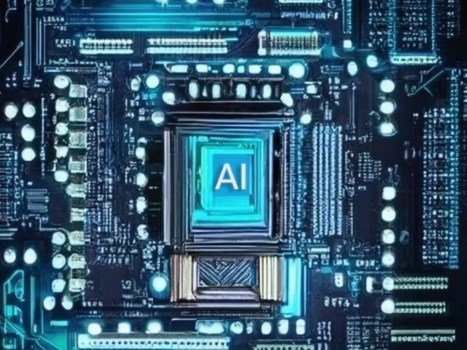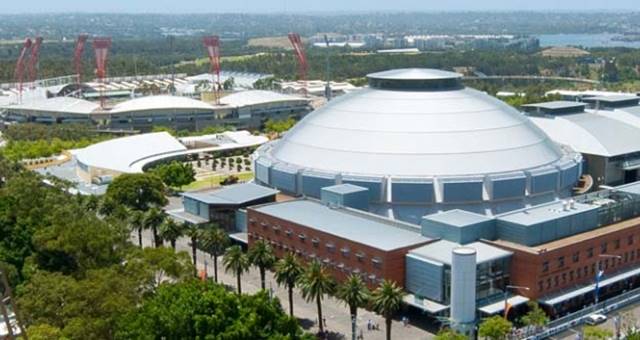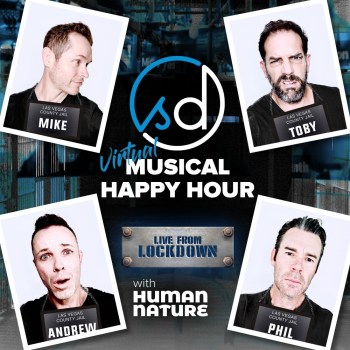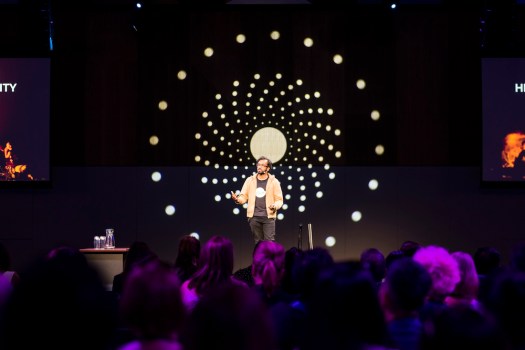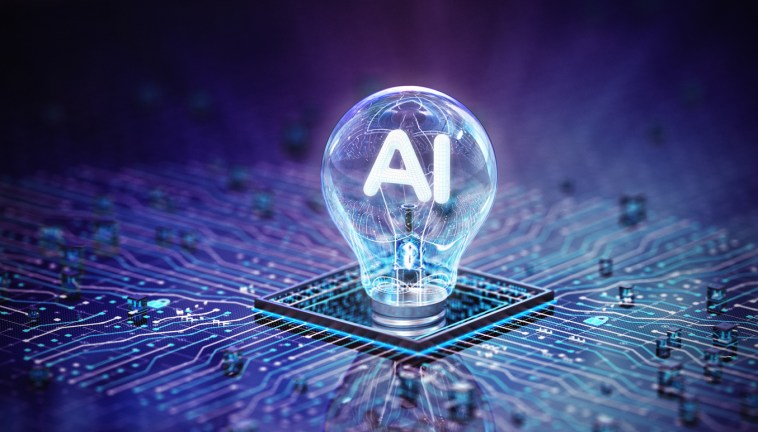
The events industry thrives on energy, creativity and seamless execution. However, behind the scenes it’s often an exhausting mix of logistics, last-minute changes and tight deadlines. Enter artificial intelligence (AI), not as a replacement for human ingenuity, but as a powerful ally in crafting exceptional experiences.
We currently stand at a pivotal moment in time when AI can either be feared or harnessed to unlock new levels of efficiency, personalisation and strategic decision-making. The reality? It’s not about technology itself; it’s about how people and businesses adapt to it.
However, a mindset shift is required. We need to believe technology is here to serve us, not the other way around, as witnessed with the rise of social media.
AI is the co-pilot for the future event planner
The events industry has long been a space where human connection is at the heart of every experience. But behind the dazzling lights and engaging speakers, event professionals are often buried under manual processes such as scheduling, vendor coordination, attendee management and performance tracking. AI is offering a solution to fundamentally change that.
Imagine an AI-powered assistant that manages the nitty-gritty details while you focus on curating unforgettable moments. AI can automate venue selection and supplier negotiations; personalise attendee experiences based on data-driven insights; predict crowd flows and optimise logistics; enhance post-event analysis with real-time feedback; and help speakers refine their content for maximum impact.
What’s more, AI is giving rise to virtual event competitors in the Metaverse. These immersive experiences are no longer sci-fi dreams – they’re real and they’re redefining what it means to “attend” an event.
The traditional, in-person conference isn’t going away, but it’s evolving. The most successful event professionals will be those who blend AI-driven insights with human-led creativity to deliver dynamic, hybrid experiences.
The AI fear factor: Why we resist change
Despite its advantages, AI adoption is met with scepticism. Fear of job loss, concerns over ethical AI and resistance to change are common roadblocks. But here’s the truth: AI won’t replace event professionals, it will elevate them.
It’s not technology that holds businesses back. It’s culture. A recent benchmark survey found 91 per cent of Fortune 100 chief data officers cited cultural resistance, not technological barriers, as the biggest challenge to becoming AI-driven. In short, fear of change is the biggest bottleneck, not AI itself.
How do we overcome this? By building AI literacy, experimenting in low-risk ways, and futureproofing human skills.
Three ways to reduce fear of AI
Build AI literacy: Understand what AI is, what it isn’t and how it can enhance, not replace, your role. Start with small, practical learning experiences to demystify AI’s role in your work.
Experiment without fear: Dip your toes into AI by automating a single task. Test AI-generated event agendas, personalised attendee outreach, or real-time data analytics. The key is to experiment in a way that enhances human impact rather than replaces it.
Futureproof your skills: Event professionals who will thrive in the AI era are those who master AI fluency and human-to-human connection. The most valuable employees will be those who know how to leverage AI tools while excelling in creativity, emotional intelligence and strategic thinking.
Leadership matters: Shaping a human-first AI culture
If AI adoption is more about culture than technology, then leadership plays a critical role in making AI work for organisations. Leaders must rethink roles, reimagine workflows and support teams to embrace AI rather than fear it.
Three leadership strategies can ensure a smooth AI transition:
- Organisational priming: Instead of pushing AI onto teams, create an environment where people feel curious, ready and empowered to explore AI.
- Leadership alignment: Leaders must actively redesign job roles to integrate AI, ensuring humans are at the centre of AI-driven change.
- Identifying human bottlenecks: AI can streamline operations, but the real barriers to productivity often lie in human silos, outdated workflows and resistance to new ways of working. Leaders need to pinpoint these challenges and create AI-augmented solutions.
The future of events: Powered by AI, led by humans
AI in the events industry isn’t about replacing humans, rather it’s about unlocking human potential by eliminating inefficiencies, enhancing experiences and enabling data-driven decisions.
This moment in history isn’t just about adopting AI; it’s about adapting to a world where AI is already here. The events industry has always been at the forefront of innovation – now it’s time to apply that same mindset to AI.
The next time someone says, “AI is taking over,” remind them AI isn’t replacing human ingenuity – it’s fuelling it. In the future of events, AI is your secret weapon where human connection and creating unforgettable moments remain stars of the show.
